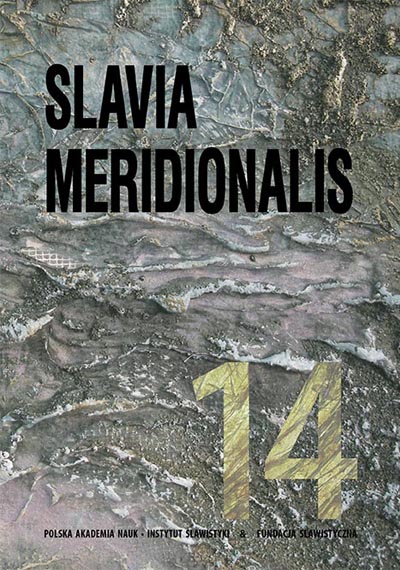Gorycz zatrzymanego czasu. "Mirra, kadzidło i złoto"
The bitterness of suspended time. "Gold, Frankincense and Myrrh"
Author(s): Patrycjusz PająkSubject(s): Christian Theology and Religion, Fine Arts / Performing Arts, Theology and Religion, Film / Cinema / Cinematography
Published by: Instytut Slawistyki Polskiej Akademii Nauk
Keywords: Ante Babaja; Croatian cinema; communism; real socialism; Catholicism; tradition
Summary/Abstract: This article discusses the Croatian film "Gold, Frankincense and Myrrh", directed by Ante Babaja (1971). The film is a response to the unrealised vision of a communist utopia. It is set on a Dalmatian island during the era of real socialism. According to communist propaganda, real socialism is the fulfilled utopia, meaning the end of history. In Babaja’s interpretation, the end of history does not involve the victory of communism, but rather its defeat and the return of Catholic tradition as the only unquestionable value making sluggish, socialist everyday life possible to accept, since it gives sense and order to an axiologically degraded and alienated world. In this insular world, it is the traditional past and not the communist future which becomes an eternal present. Remaining outside of time among the relics of tradition is the only option in a situation where communist progress fails to produce the desired results. Tradition does not promise a new wonderful world and does not fix the current world, but it ensures balance between its contradictions. This situation leads to bitterness, since accepting it requires the acceptance of its dark side. The ironic attitude towards the Catholic tradition which is predominant in the first half of the film, turns into bitter affirmation of tradition in the second.
Journal: Slavia Meridionalis
- Issue Year: 2014
- Issue No: 14
- Page Range: 406-420
- Page Count: 15
- Language: Polish

